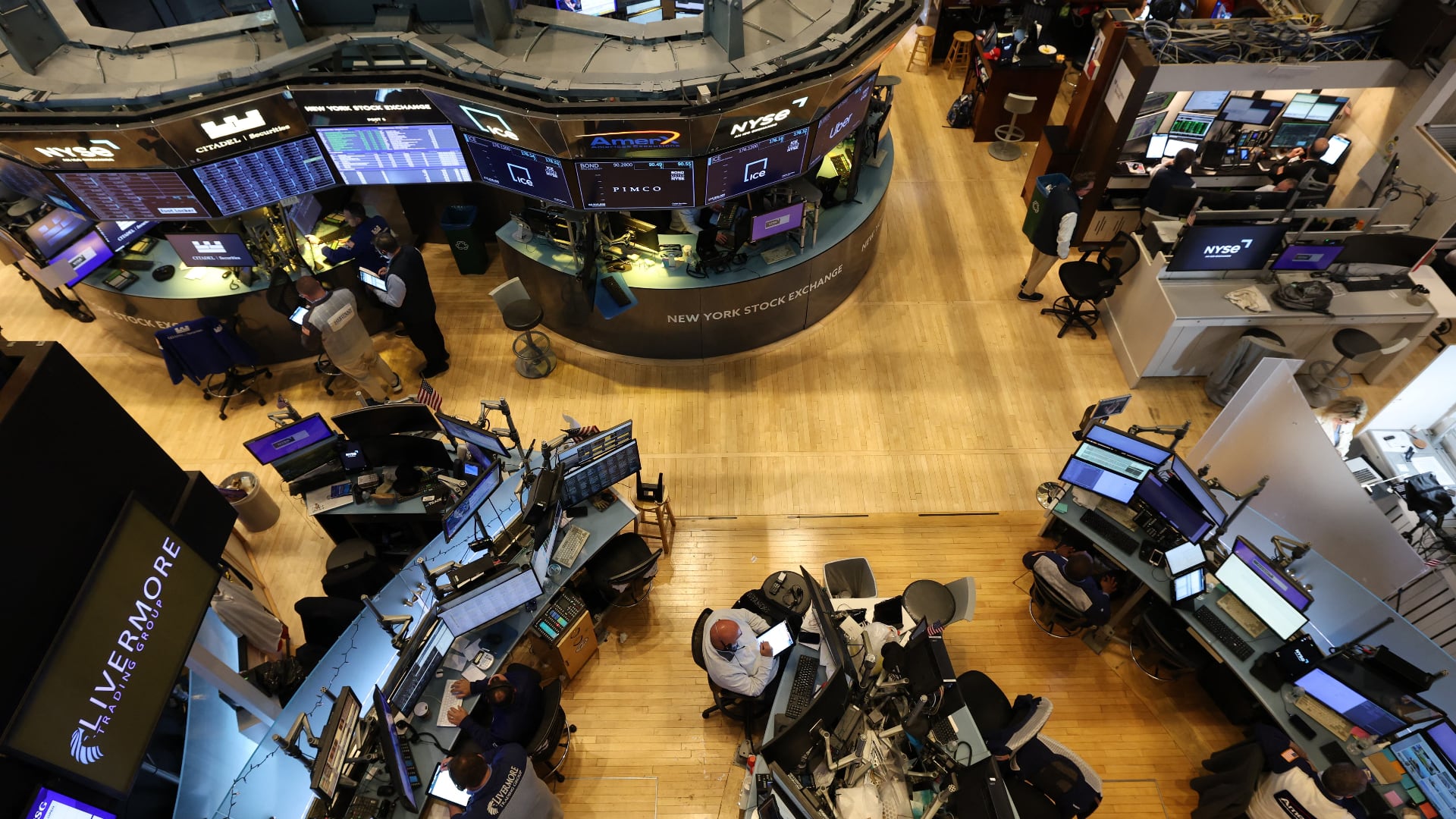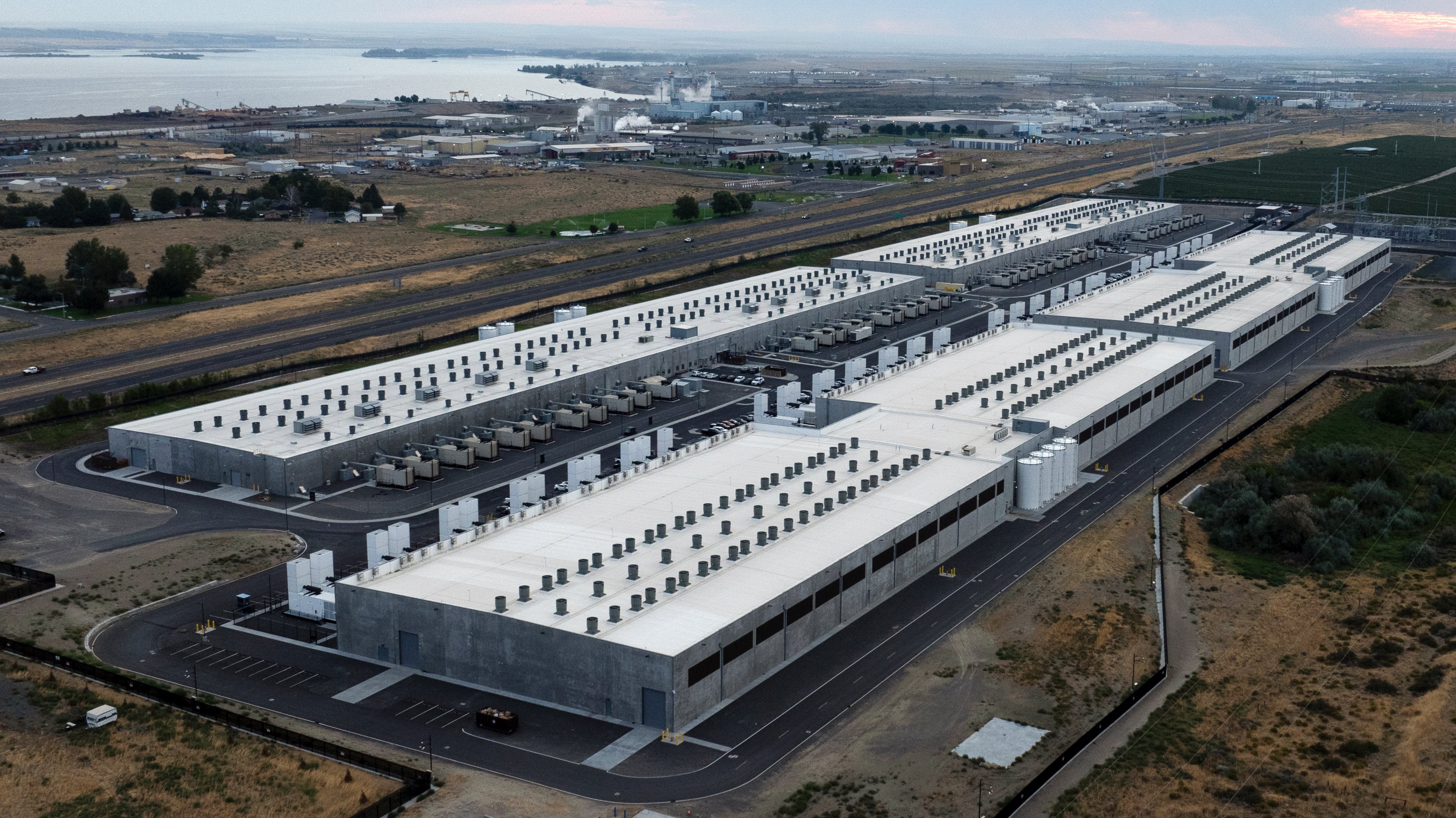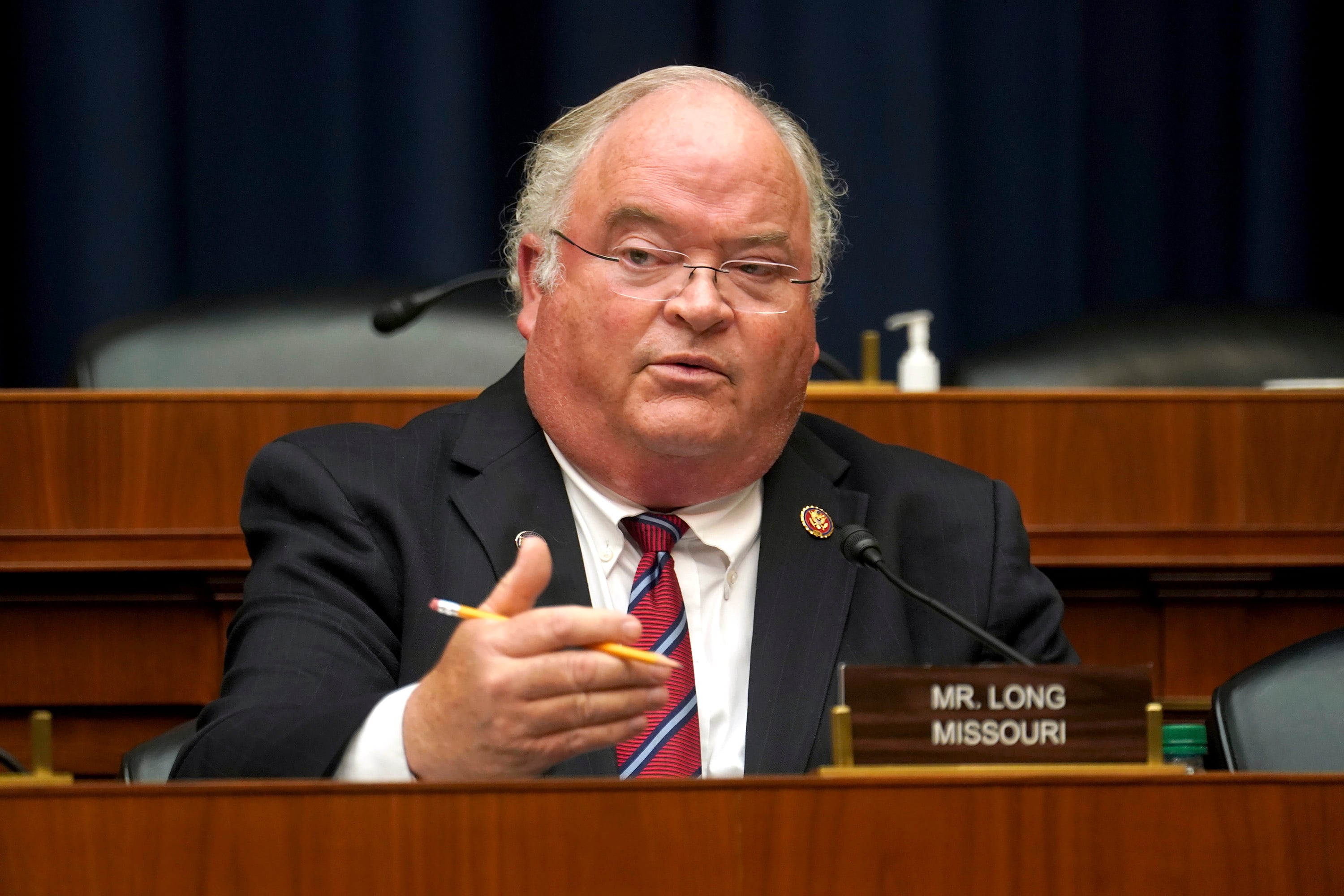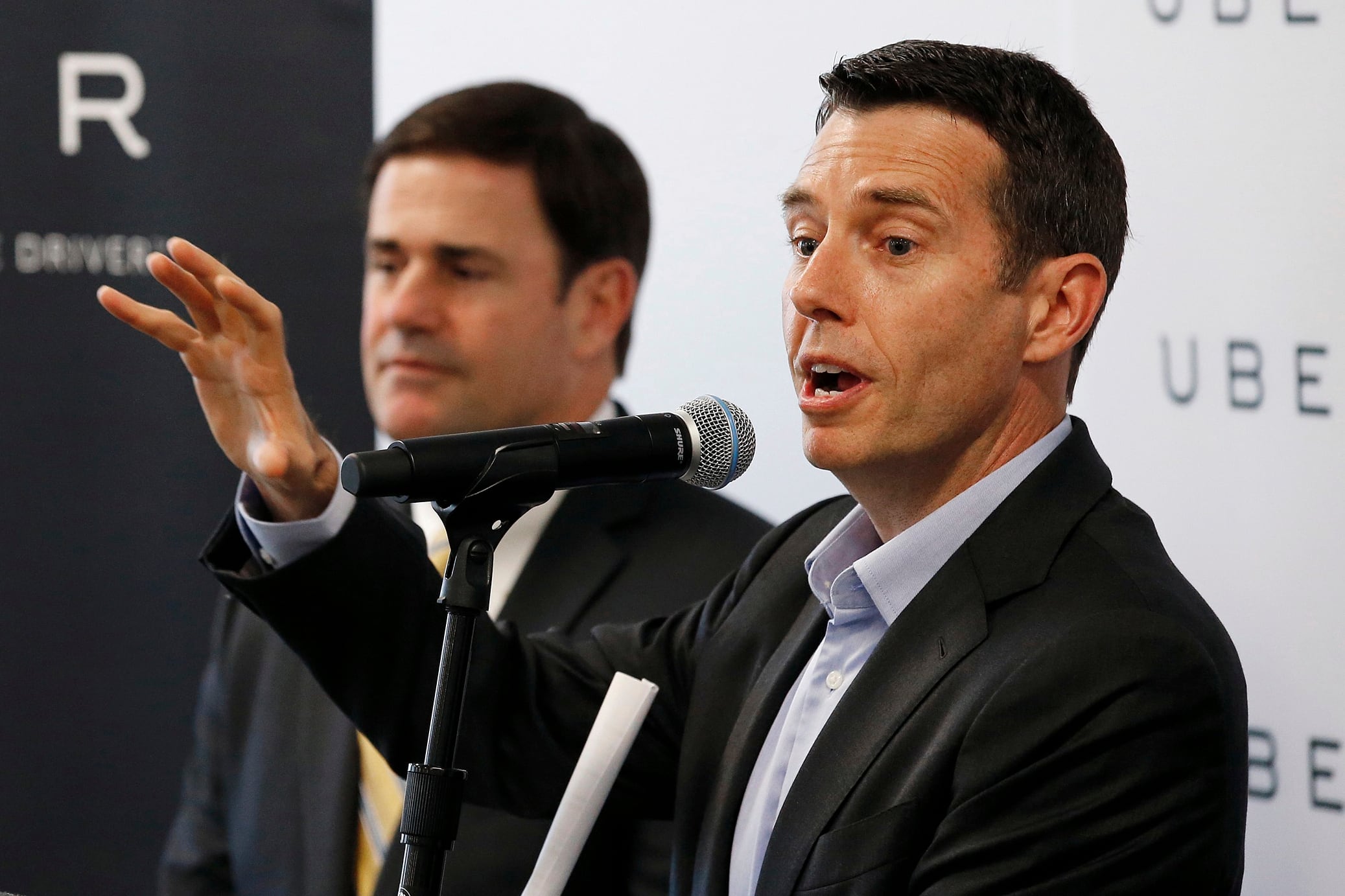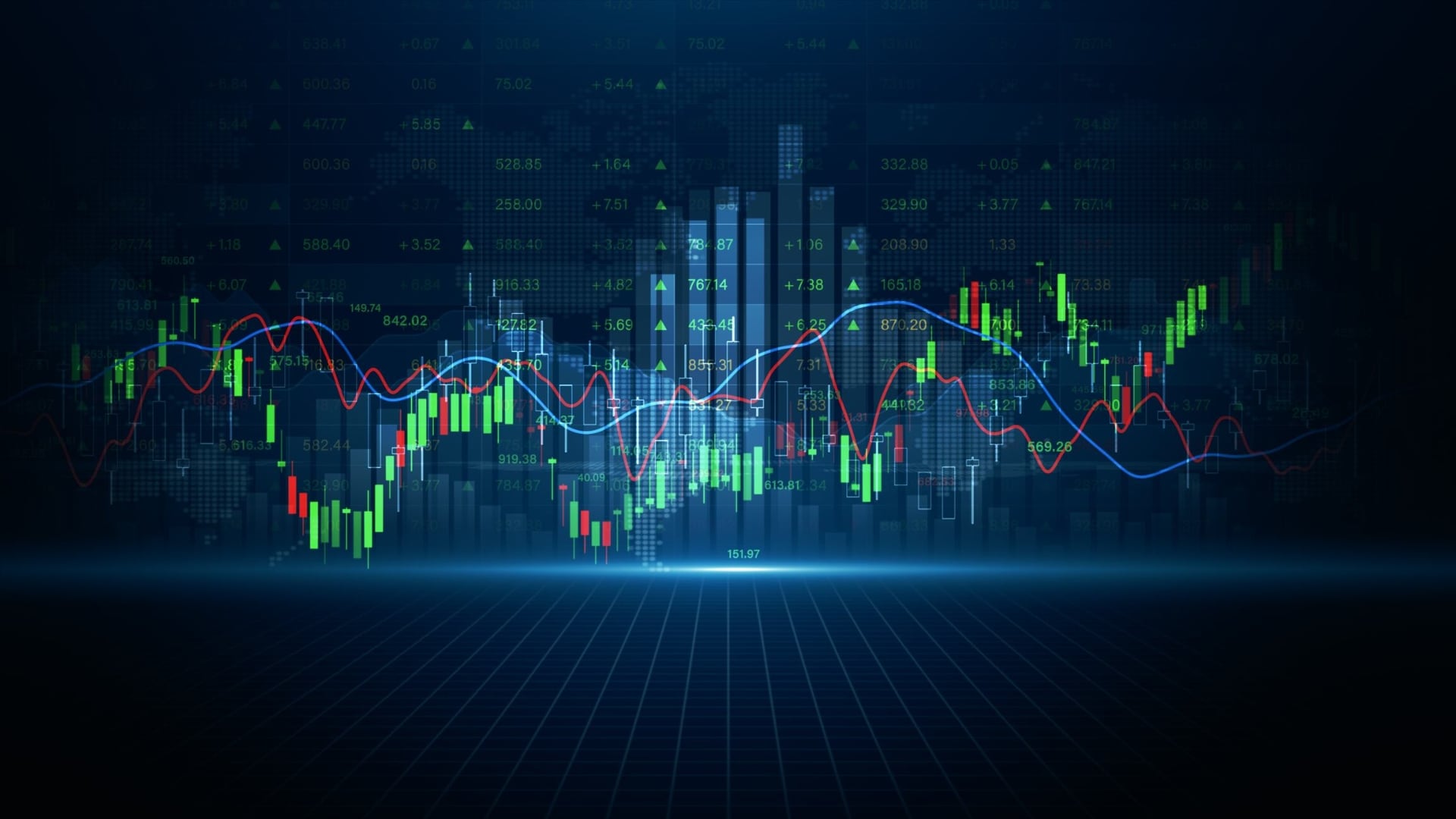Circle, one of the earliest bitcoin companies, has sold its retail trading app to a 1-year-old digital asset broker named Voyager, which will take a 4 percent ownership stake in Circle through the issuance of common shares.
With the purchase, Voyager is acquiring 40,000 retail accounts from Circle Invest, adding to its existing 200,000 users. Circle Invest users will be converted to the Voyager platform by the end of next month.
This is part of Circle's shift in strategy to focus more on stablecoins, digital assets that are typically pegged at a one-to-one ratio to a more stable asset (like the U.S. dollar) held in reserve. In December it sold its over-the-counter trading desk and in June it shut down its Circle Pay app.
"They're going to come out with a whole breadth of products on [stablecoins]," Voyager CEO Steve Ehrlich told Cheddar, without sharing further details. "We're working on integrating that into our self-custody wallet application so people can fund accounts to buy or sell digital assets."
"We believe stablecoins are going to be the way people transmit money to other people, to merchants," he added. "Stablecoins are definitely the financial way of the future. It'll be the fastest, easiest and most productive way to move money across the globe."
Bitcoin, which also functions as a store of value as well as a currency, has a similar role in the future of money, Ehrlich said, for users that prefer an asset not tied to monetary policy; USDC, the U.S.-dollar backed stable coin developed by Circle and Coinbase, is just a payment mechanism.
"We see everything long term for retail consumers becoming more fungible so you can use any of your digital assets to buy equity securities, futures contracts, to buy options," Ehrlich said. "We're positioning ourselves to be able to execute on this mantra of a full financial services firm where everything becomes fungible to the consumer. If they want to buy equities at a moment's notice using bitcoin as a denomination why shouldn't they be able to do that?"
This is the second acquisition in a year for Voyager, a New York-based company that went public on the Canadian Stock Exchange last February. In October it acquired Ethos, a cryptocurrency wallet, and services provider.
Ehrlich said he expects more M&A activity since the cryptocurrency industry, now 11 years old, still has so many small startups looking to scale. He also said regulatory clarity around how crypto businesses should operate and treat digital assets will drive up costs for those businesses, and therefore drive up M&A.
